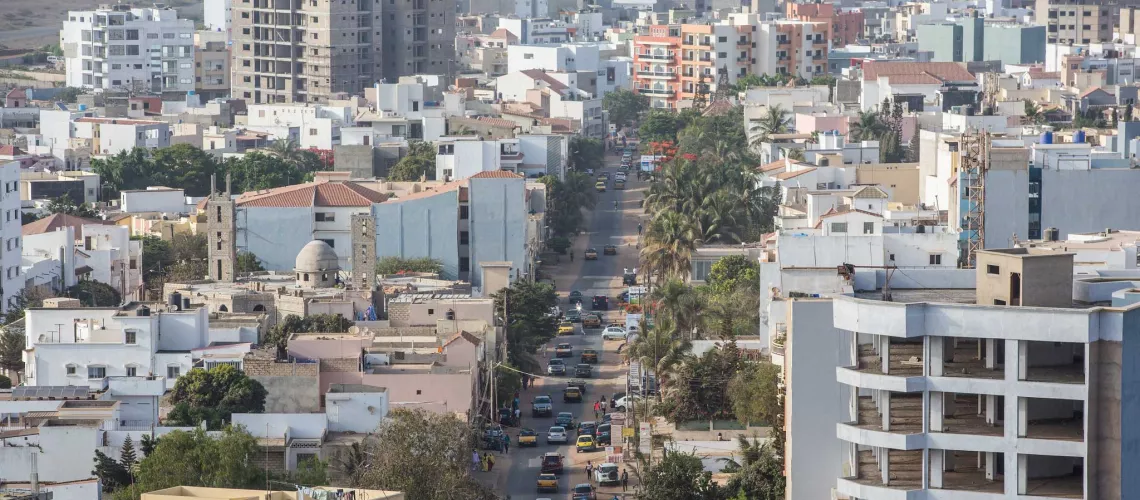Mobilizing national savings is crucial to meeting Africa’s development needs and the continent’s sovereign wealth funds (SWFs) are one important source of financing that can support Africa’s sustainable development. These funds represent a growing pool of assets that can be used to support domestic investments that are aligned with the type of long-term investment needed to help African countries achieve economic growth and shared prosperity.
Globally, both the number of investors and assets under management (AUM) have grown substantially. AUM for SWFs and private pension funds increased from $11 trillion in 2015 to $15 trillion in 2020. In Africa, the growth of AUM by SWFs increased by 76 percent, while the number of investors grew by 54 percent. According to PwC, African SWFs managed $300 billion in 2020, representing a significant source of investible capital for the continent.
The COVID-19 pandemic exacerbated the immense development challenges Africa faces. According to the World Bank, COVID-19 has pushed 40 million people into extreme poverty in Sub-Saharan Africa, eroding many recent development gains. Moreover, an additional 43 million people could be pushed below the poverty line by 2030 due to climate change. Reversing these trends will require unprecedented levels of investment to accelerate economic development and create jobs.
Investor appetite for impact investing was surging prior to the COVID-19 pandemic. Reaching $2.3 trillion in assets under management in 2020, impact investing has the potential to mobilize private capital to address the region’s most pressing social, economic, and environmental challenges. We estimate that globally, the appetite for impact investing is much larger, up to $26 trillion, or about 10 percent of global capital markets. Most of this enthusiasm revolves around investments that offer both market-rate financial returns and positive social impacts. Investments at this scale could significantly contribute to addressing challenges such as climate change and contributing to the achievement of the Sustainable Development Goals.
From financing infrastructure, to strengthening healthcare systems and supporting affordable housing developments, opportunities abound for investors that want to make an impact in Africa. The African Development Bank estimates the continent’s infrastructure financing needs to be around $170 billion a year, while solving Africa’s housing backlog will require $2 trillion over 10 years. Moreover, achieving universal, affordable, and good quality broadband internet access in Africa by 2030 will require an investment of $100 billion to connect nearly 1.1 billion new users. While this may seem daunting, the potential returns are substantial. For instance, Africa’s internet economy could contribute $180 billion to its GDP by 2025, and up to $712 billion by 2050.
The potential of Africa SWFs is largely untapped. Governance challenges, as in other emerging markets, are a key impediment that inhibit the flow of SWF capital into long-term sustainable development sectors that have the potential to structurally transform Africa’s economies. Recall in infrastructure alone, the annual financing gap is $170 billion, while over five years (2016 – 2020), the inflow into African SWF was only $130 billion. This points to the need for innovative funding sources and mobilizing private capital to complement SWF financing.
The recent partnership between IFC and FONSIS, Senegal’s SWF, to develop 20,000 houses within 10 years, is one such innovative mechanism. Under this partnership, IFC and FONSIS will acquire homes from developers and make them available to low-income households through a rent-to-own scheme. IFC and FONSIS plan to mobilize and attract additional investments from local and international institutional investors to support this rent-to-own platform.
In addition to innovative public-private partnership mechanisms, the use of robust independent governance frameworks is key to attracting private capital for impact investing. Although most African SWFs are already doing this, it will take time and commitment to establish credible track records. The continent’s SWFs need to take concrete steps to strengthen their capacity, augment their governance systems, and operationalize transparent processes to bolster accountability.
To help promote transparency and scale the impact investing market IFC, in collaboration with external stakeholders, developed the Operating Principles for Impact Management, which are now adopted by 158 privately and publicly owned funds and institutions in 38 countries. These Principles support the development of the impact investing industry by establishing a common framework around the management of investments for impact and encourage transparency and credibility. For instance, they require the annual disclosures of impact management processes.
Working with established impact investors, including signatories to the Impact Principles, will help African SWFs connect, learn, and gain significant impact investing experience. Promoting an institutional framework that enhances collaboration between experienced impact investors will equip and better position African SWFs to unlock significant private capital, pool scarce resources, and contribute to accelerating Africa’s development.

